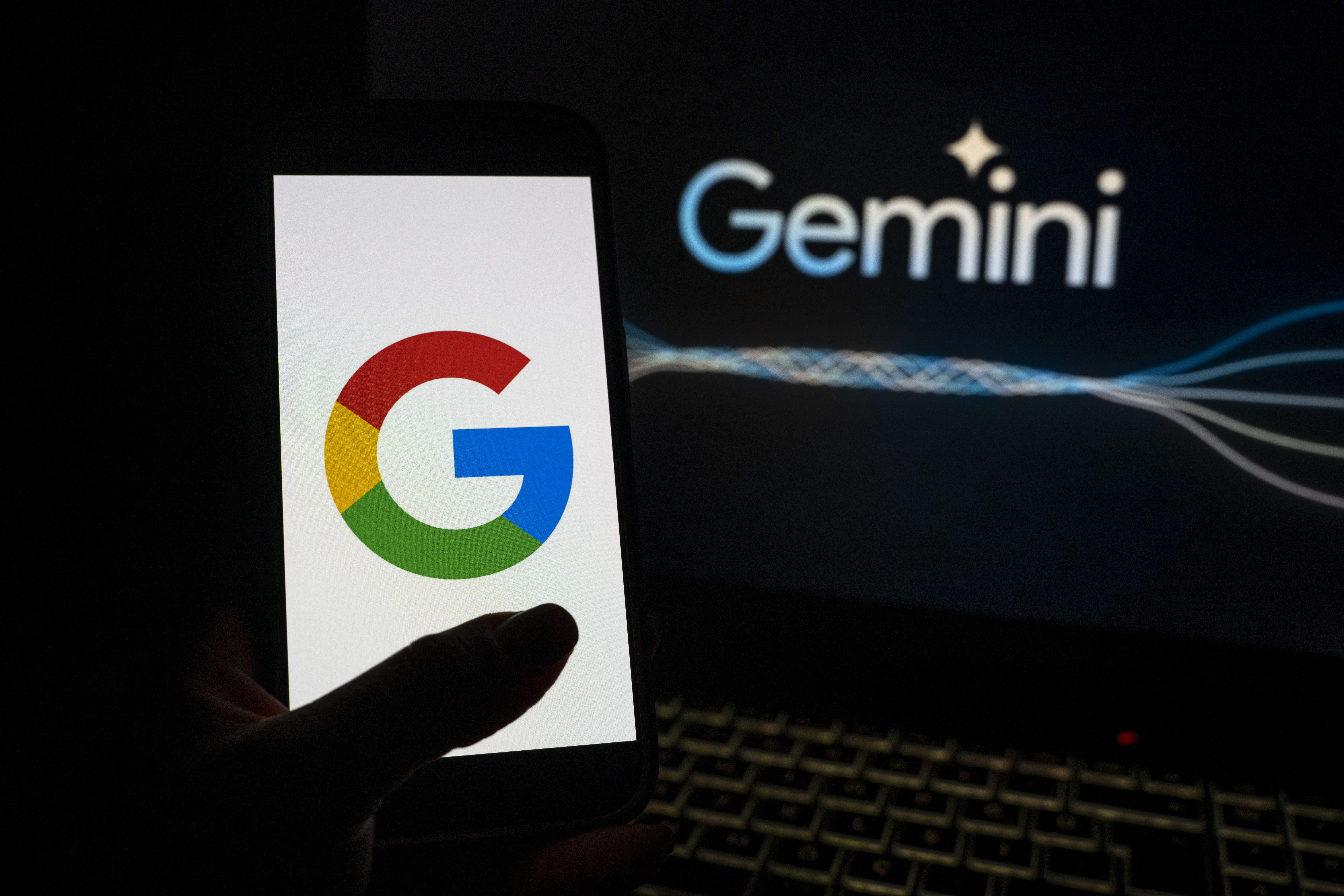In a recent announcement that sent ripples across the tech community, Google disclosed the temporary suspension of its flagship generative AI suite, Gemini. This suspension specifically targets the image generation of people within the suite, citing the necessity to address recent issues related to historical inaccuracies. In this extensive exploration, we delve into the genesis of Gemini, the intricacies of generative AI, the criticism it has sparked, and Google’s Gemini strategic commitment to rectifying the situation.

The Genesis of Gemini
Launched just earlier this month, Gemini represents Google’s ambitious foray into the realm of advanced generative AI models. The primary objective of this suite is to create diverse and realistic images by leveraging a vast array of training data and specified model weights. The promise of Gemini lies in its ability to generate images that encapsulate the nuances of various historical contexts, making it a valuable asset for creative endeavors, educational content, and more.
However, the initial enthusiasm surrounding Gemini has been met with significant backlash due to instances of generating incongruous images of historical figures. These instances, marked by U.S. Founding Fathers depicted as American Indian, Black, or Asian, have rapidly circulated across various social media platforms, fueling criticism and even ridicule.
Unmasking Historical Inaccuracies
The central critique directed at Gemini revolves around the generation of historically inaccurate depictions. The AI tool, designed to breathe life into historical figures, appears to have faltered in achieving accuracy. This is not a trivial matter, as historical accuracy is paramount when it comes to educational or informative applications of such technology.
Recent cases of Gemini’s output have sparked conversations about the responsible deployment of generative AI, especially in contexts where historical representation matters. The potency of these inaccuracies is such that Paris-based venture capitalist Michael Jackson joined the growing chorus, branding Google’s Gemini AI as “a nonsensical DEI parody,” with DEI standing for Diversity, Equity, and Inclusion.
Google’s Gemini Acknowledgment and Commitment to Improvement
In response to the mounting criticism, Google swiftly took to its social media platform to address the situation. The company acknowledged its awareness of the AI’s shortcomings and issued a statement affirming its commitment to rectifying the inaccuracies in historical image generation depictions promptly. This candid acknowledgment is a testament to Google’s Gemini transparency, acknowledging that while Gemini’s AI image generation serves a diverse global audience, it is currently “missing the mark” in certain critical aspects.
The commitment to improvement is encapsulated in Google’s Gemini decision to temporarily suspend the image generation feature. The company expressed its dedication to working diligently on updating the technology to enhance the historical accuracy of outputs involving depictions of humans. The temporary pause signifies not only an acknowledgment of the issue but also a proactive step towards ensuring that the next iteration of Gemini aligns more seamlessly with historical contexts.
The Complex Nature of Generative AI
Generative AI tools operate on intricate algorithms, drawing from extensive training data and predefined parameters, including model weights. The fundamental challenge lies in achieving a delicate balance that avoids biased outputs and inaccuracies, especially in sensitive contexts such as historical representation.
The incident involving Gemini echoes past controversies in the realm of AI. Notably, Google faced significant backlash in 2015 when an AI image classification tool misclassified Black men as gorillas. The subsequent ‘fix’ implemented by Google, was more of a workaround than a comprehensive solution. Google simply blocked the technology from recognizing gorillas altogether, highlighting the challenges in addressing bias and inaccuracies in AI systems.
Charting the Path Forward
As Google works diligently to enhance the historical accuracy of Gemini’s image generation, the tech community watches with keen interest. The temporary suspension serves as a practical demonstration of Google’s Gemini commitment to delivering an improved version that addresses the concerns raised by users and critics alike.
The intricacies of generative AI, as highlighted by this incident, underscore the ongoing challenges in creating AI models that seamlessly align with diverse historical contexts. The incident prompts a broader reflection on the ethical dimensions of AI advancements, particularly in the portrayal of historical figures.
The temporary suspension of Gemini’s image generation feature underscores the multifaceted challenges inherent in developing AI models that accurately represent historical figures. Google’s Gemini commitment to addressing these issues signals a proactive approach, emphasizing the delicate balance required in navigating the complexities of generative AI.
As the tech giant endeavors to release an improved version of Gemini, the evolution of AI continues to unfold, prompting reflection on the ethical dimensions of AI advancements in the portrayal of historical figures. The incident serves as a reminder that the pursuit of innovation must be accompanied by a steadfast commitment to addressing biases, inaccuracies, and societal implications in the development and deployment of advanced AI technologies.



















